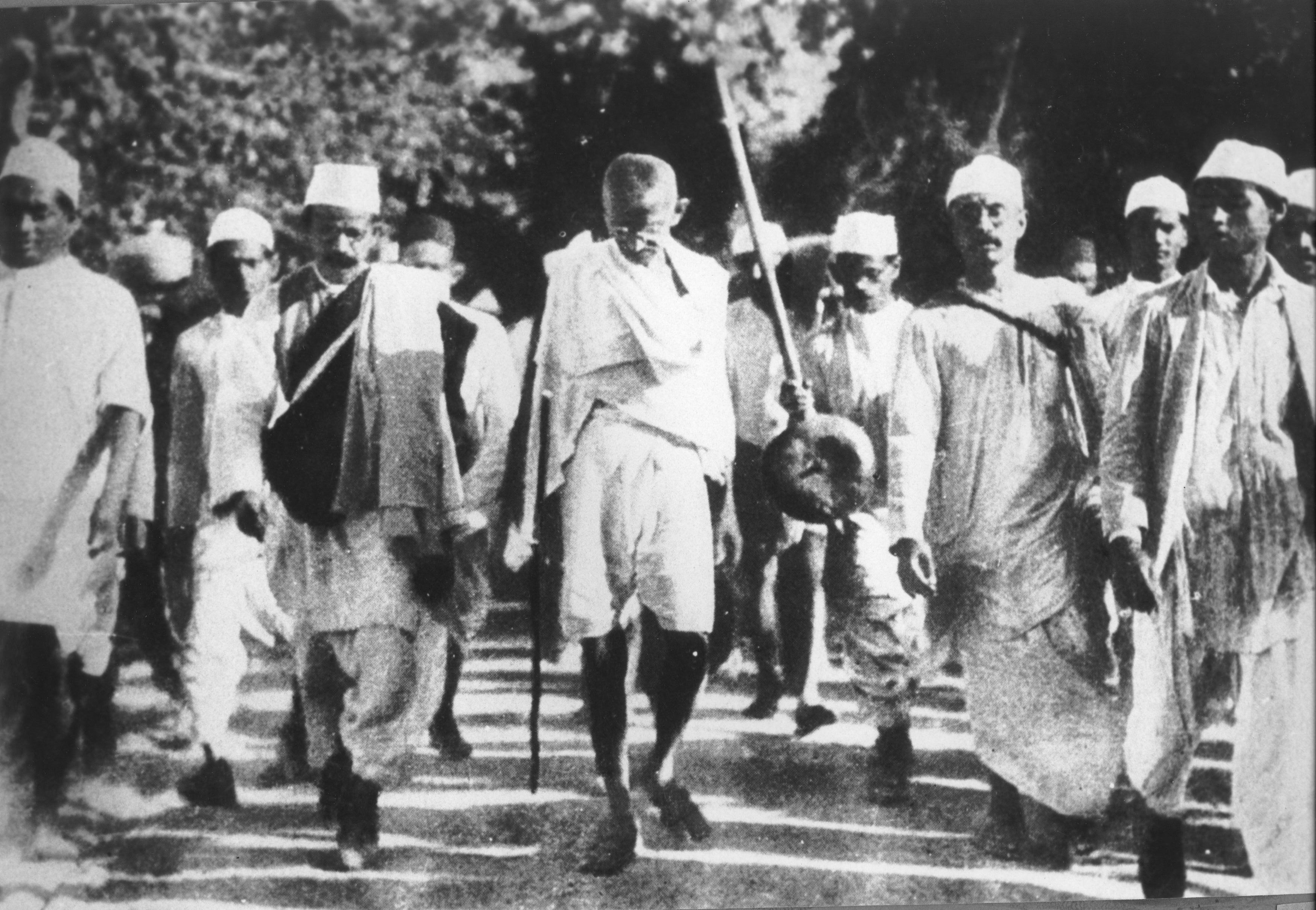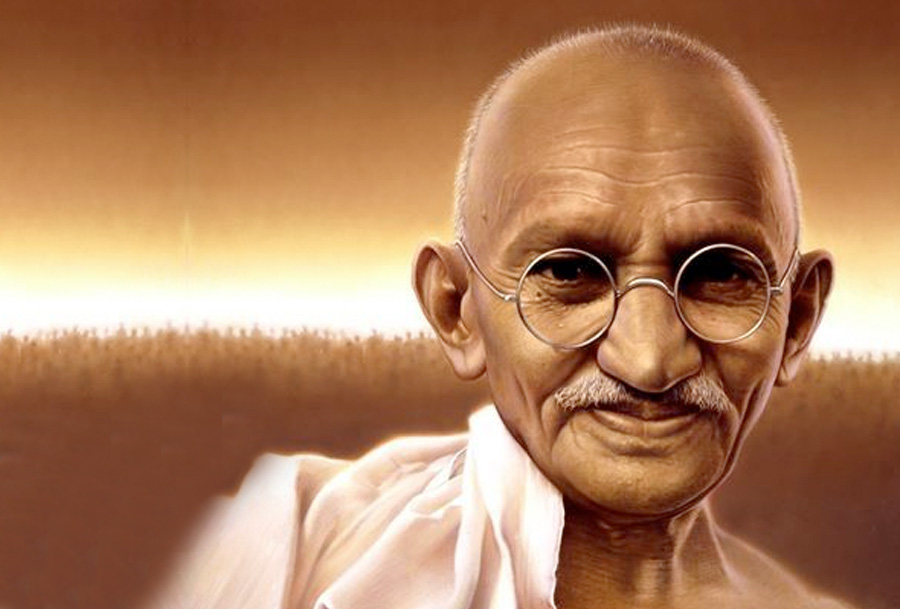Introduction
Contents
As we approach the solemn occasion of Mahatma Gandhi Death anniversary, it is a poignant moment to reflect on the life and legacy of the man who played a pivotal role in India’s struggle for independence. Mahatma Gandhi, also known as the Father of the Nation, left an indelible mark on the world with his philosophy of non-violence and his tireless efforts to promote peace, justice, and equality.(Mahatma Gandhi Death anniversary)
Mahatma Gandhi Death anniversary: The Father Of The Nation

The Life and Teachings of Mahatma Gandhi
(Mahatma Gandhi Death anniversary) Mahatma Gandhi, born on October 2, 1869, in Porbandar, Gujarat, led a life dedicated to principles such as truth, non-violence, and simplicity. His philosophy of non-violent resistance, known as Satyagraha, became a guiding light for many movements around the globe. Gandhi’s commitment to social justice and his unwavering belief in the power of non-violent protest inspired countless individuals to stand up against oppression and injustice.
The Journey to Independence
Gandhi’s pivotal role in India’s struggle for independence cannot be overstated. His leadership during pivotal moments like the Salt March and the Quit India Movement united the diverse population of India in the fight against British colonial rule. His vision of and united India, where all communities lived in harmony, resonated deeply with people from all walks of life.
The Tragic End
On January 30, 1948, the world mourned the loss of a great leader when Mahatma Gandhi was assassinated in New Delhi. His death was a shocking blow to the nation, and the entire world grieved the loss of a man who had become a symbol of peace and justice. The assassin, Nathuram Godse, may have silenced Gandhi physically, but his ideals and teachings continue to echo through the corridors of history.(Mahatma Gandhi Death anniversary)
Legacy and Influence
Mahatma Gandhi’s legacy extends far beyond the boundaries of India. (Mahatma Gandhi Death anniversary) His teachings on non-violence and civil disobedience have inspired numerous movements for justice and equality worldwide. Leaders such as Martin Luther King Jr., Nelson Mandela, and Cesar Chavez drew inspiration from Gandhi’s principles in their quests for civil rights and social justice.(Mahatma Gandhi Death anniversary)
What is the full history of Mahatma Gandhi?

The history of Mahatma Gandhi is a captivating narrative of a man whose life’s journey transformed not only a nation but also left an indelible mark on the global stage. (Mahatma Gandhi Death anniversary) Born on October 2, 1869, in Porbandar, Gujarat, Mohandas Karamchand Gandhi would go on to become the beacon of India’s independence movement and a worldwide symbol of non-violent resistance.
Early Life and Education
Gandhi’s early life was marked by modesty and simplicity. (Mahatma Gandhi Death anniversary)He hailed from a devout Hindu family, and his upbringing was deeply influenced by the values of truth, non-violence, and compassion. After completing his schooling in India, Gandhi ventured to England to study law, marking the beginning of his exposure to Western philosophies that would later shape his ideology.
South Africa and the Emergence of Satyagraha
Gandhi’s activism began in South Africa, where he spent over two decades fighting against racial discrimination. It was during this period that he first employed the philosophy of Satyagraha, a non-violent form of protest that would become the cornerstone of his later endeavors. Gandhi’s experiences in South Africa laid the groundwork for his commitment to social justice and equality.
Return to India and the Rise of Non-Violent Resistance
In 1915, Gandhi returned to India and immersed himself in the struggle against British colonial rule. His leadership during significant movements such as the Champaran and Kheda agitations showcased his unique approach of non-violent resistance. The concept of Satyagraha, or holding onto truth, began to resonate widely, gaining momentum as a powerful force for change.
The Salt March and Civil Disobedience
One of the defining moments in Gandhi’s quest for India’s independence was the Salt March in 1930. Symbolizing defiance against the British salt monopoly, Gandhi, along with thousands of followers, marched over 240 miles to the Arabian Sea, sparking a nationwide wave of civil disobedience. This event catapulted Gandhi onto the international stage as a symbol of peaceful resistance.(Mahatma Gandhi Death anniversary)
Quit India Movement and the Road to Independence
As World War II intensified, Gandhi launched the Quit India Movement in 1942, demanding an end to British rule. Despite facing imprisonment, Gandhi’s call for non-violent resistance resonated across the nation, hastening the process of India’s independence, which was finally achieved in 1947.
The Tragic End
On January 30, 1948, the world mourned the loss of Mahatma Gandhi when he was assassinated by Nathuram Godse. Despite his physical absence, Gandhi’s teachings continued to inspire generations to come, shaping movements for civil rights and social justice around the world.
Legacy and Global Influence
Mahatma Gandhi’s legacy extends far beyond the borders of India. His philosophy of non-violence influenced leaders like Martin Luther King Jr., Nelson Mandela, and others in their struggles for justice and equality. The principles of truth, love, and non-violence that Gandhi espoused remain relevant and continue to inspire individuals and movements globally.
What is Mahatma Gandhi most famous for?

Mahatma Gandhi, often called the Father of the Nation, is widely known for his incredible contributions to India and the world. Let’s dive into what makes Gandhi one of the most famous figures in history.(Mahatma Gandhi Death anniversary)
Champion of Non-Violence
Gandhi’s most famous idea is probably his commitment to non-violence. He believed in solving problems without using force. This approach, known as “Satyagraha,” inspired many movements for peace and justice worldwide.
Independence Movement Leader
Gandhi played a crucial role in India’s fight for independence from British rule. His leadership in movements like the Salt March and the Quit India Movement united people in a peaceful struggle against oppression, leaving an everlasting impact on the course of history.
Salt March
One of the standout moments in Gandhi’s life was the Salt March in 1930. He and thousands of followers walked over 240 miles to the Arabian Sea to protest against British salt taxes. This act of civil disobedience showcased the power of peaceful resistance and drew global attention to India’s struggle for .
Advocate for Civil Rights
Gandhi was not just focused on India; he also spoke out against injustice and inequality worldwide. His teachings influenced other civil rights leaders like Martin Luther King Jr. in the United States and Nelson Mandela in South Africa.
Simple Living and Self-Sufficiency
Gandhi’s personal life was a testament to simplicity and self-sufficiency. He believed in living a humble life and encouraged others to do the same. His simple lifestyle resonated with people and added to his enduring appeal.
Legacy and Global Influence
Even after his death in 1948, Gandhi’s ideas continued to shape movements for peace and justice. His philosophy of non-violence influenced leaders and ordinary people alike, leaving an enduring legacy that extends far beyond the borders of India.
Final TakeAways:
On Mahatma Gandhi Death anniversary, we remember a man whose life shaped the course of history. Gandhi’s commitment to non-violence and justice during India’s struggle for independence is a legacy that lives on. Although he left us on January 30, 1948, his ideas continue to inspire movements for peace and equality worldwide. As we reflect on this day, let’s not just commemorate the past but also rekindle our dedication to truth, compassion, and a world built on Gandhi’s principles of non-violence. His legacy calls us to strive for a better, more harmonious world.
Recommended reading:
75th Republic Day Celebration 26
Celebrating Netaji Subhash Chandra Bose Jayanti

